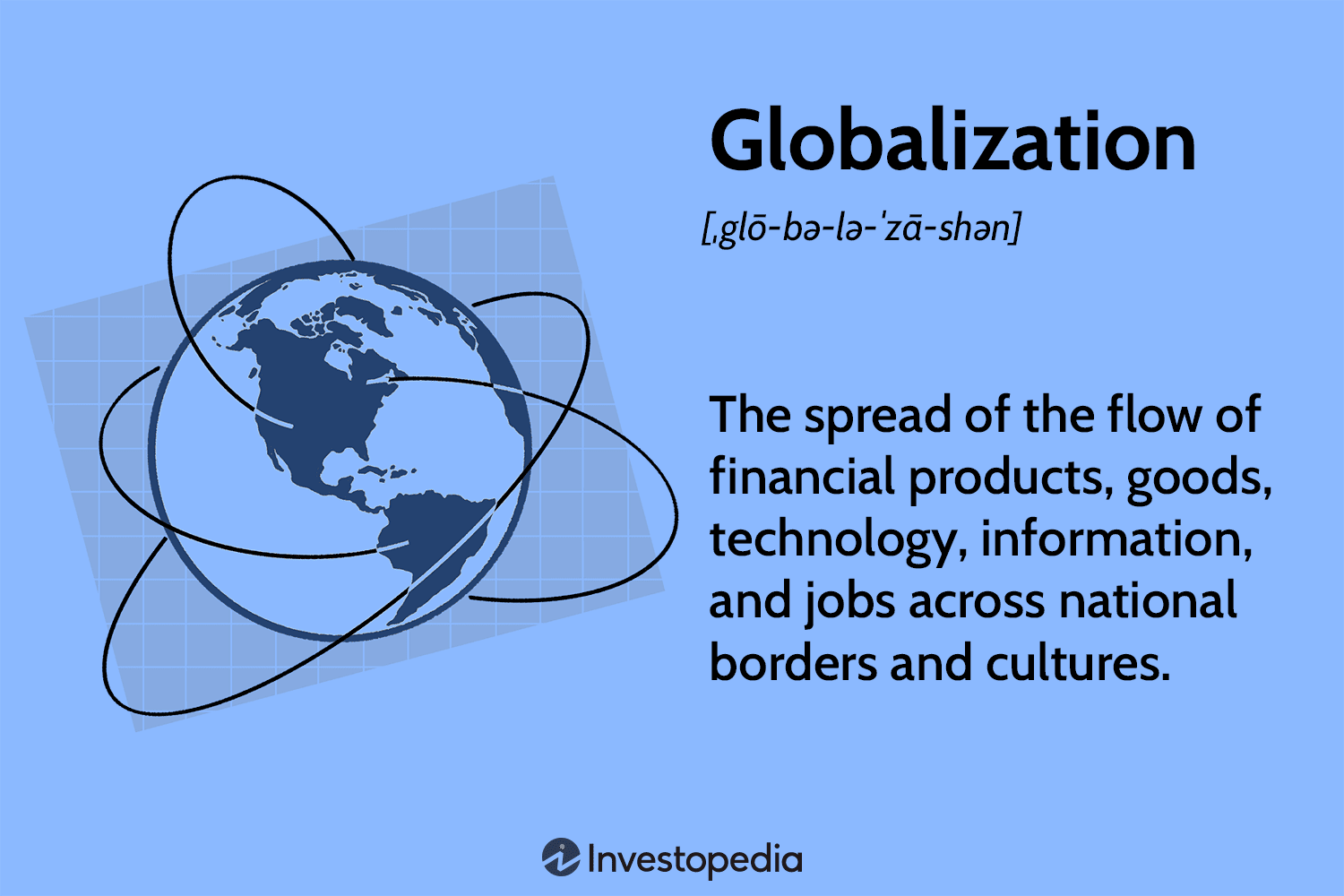How to use globalization to our advantage

Empowering Communities: Engineering for Global Change My project aims to harness globalization for the benefit of third-world countries, focusing on affordability and ease of use. To address financial concerns, we seek funding through collaborations with international organizations and grants. The engineering solution involves creating low-cost, user-friendly technologies, such as solar-powered, portable learning hubs. These hubs provide essential services like education, healthcare, and agriculture, empowering communities to break the cycle of poverty. To ensure accessibility, our team prioritizes simplicity and adaptability, conducting thorough community engagement to tailor the technology to specific needs. By marrying engineering expertise with sustainability and community involvement, we strive to turn globalization into a positive force, fostering lasting change in third-world communities.
